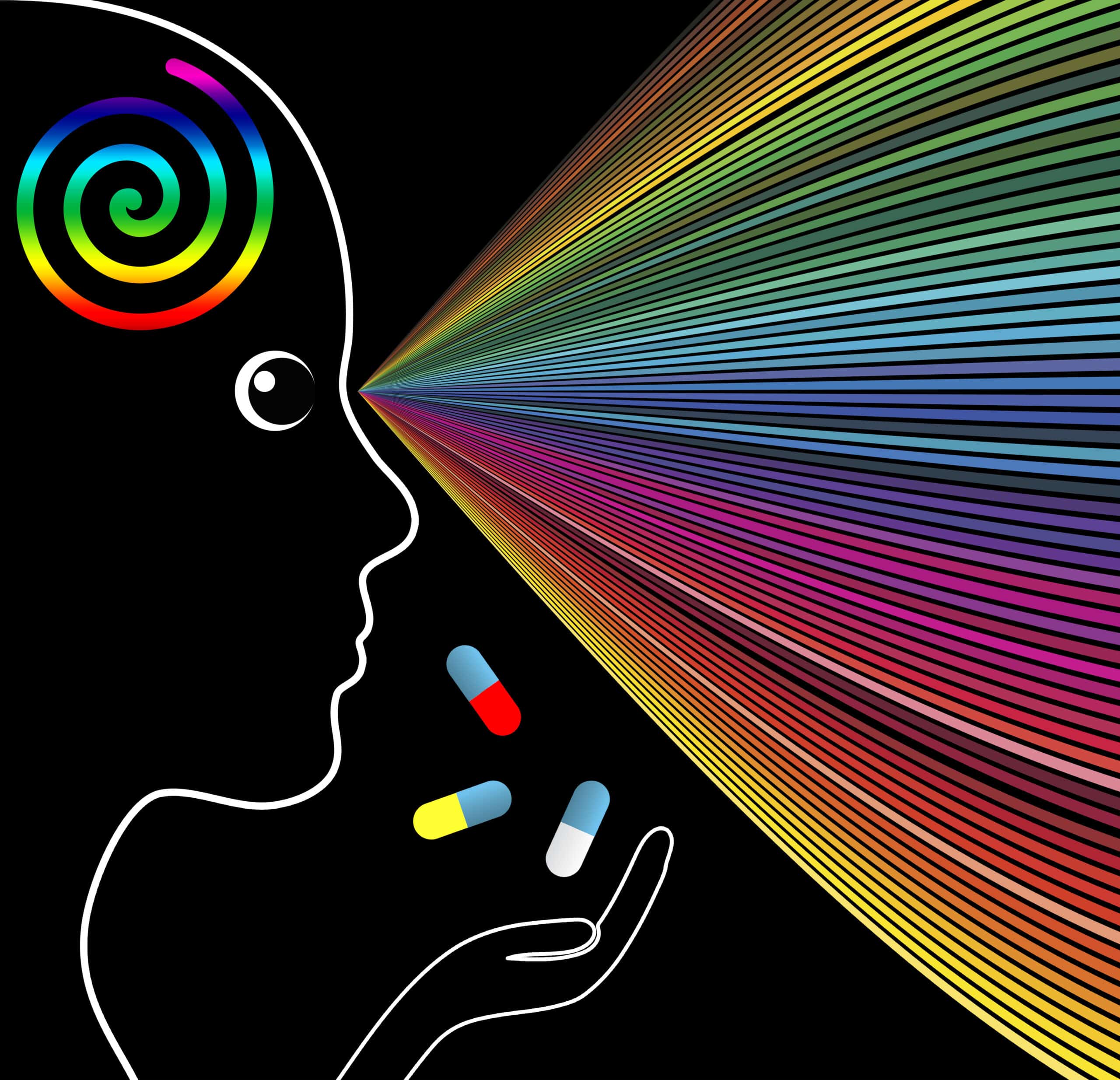It is important to gain understandings of some of the most powerful compounds known to affect brain function, and how psychedelics affect neural plasticity and biological pathways activated to lead to neural growth.
Depression is thought to stem from imbalanced brain chemistry, recent studies have shown evidence that depression manifests as structural changes in brain circuits or atrophy in parts of the brain, not to say that neurons die during depression rather that neurites retract. Neurites are sections of a neuron that project out to bridge the gap between two neurons at the synapse to facilitate communication. Hallmark of depression is prefrontal cortex neurites tend to shrivel up, these changes also appear in cases of post traumatic stress disorder, anxiety, and addiction.
Psychedelics from the ergoline, amphetamine, and tryptamine drug classes were examined in this study in both animal and test tube experiments, with the psychedelics showing functional and structural changes such as those promoted by ketamine in cortical neurons by increasing density of dendritic spines and synapses. LSD was shown to be more efficacious and potent than ketamine in promoting neurite growth.
Human experiments were not conducted, experiments in invertebrates and vertebrates showed similar effects across species, indicating biological mechanisms that respond to psychedelics were the same across eons of evolution and they will likely have the same brain growth effects in humans.
Building on previous ketamine neural plasticity effect experiments researchers blocked brain derived neurotrophic factor protein signaling. When BDNF signally was blocked the psychedelics lost ability to promote neurite growth. Brain derived neurotrophic factor proteins bind to TrkB receptors that are part of a signalling pathway which includes mTOR. MTOR is known for its role in production of proteins required for formation of new synapses. Inhibiting mTOR was shown to block psychedelics’ ability as well.
Researcher believe the identified signalling pathways involved with psychedelic induced brain changes will help to identify compound to be developed into treatments such as depression.
Most psychedelics are not considered to be addictive, but they do produce hallucinations. While psychedelics are not expected to become prescriptions to treat depression they may inspire a compound to be developed that very well could.




